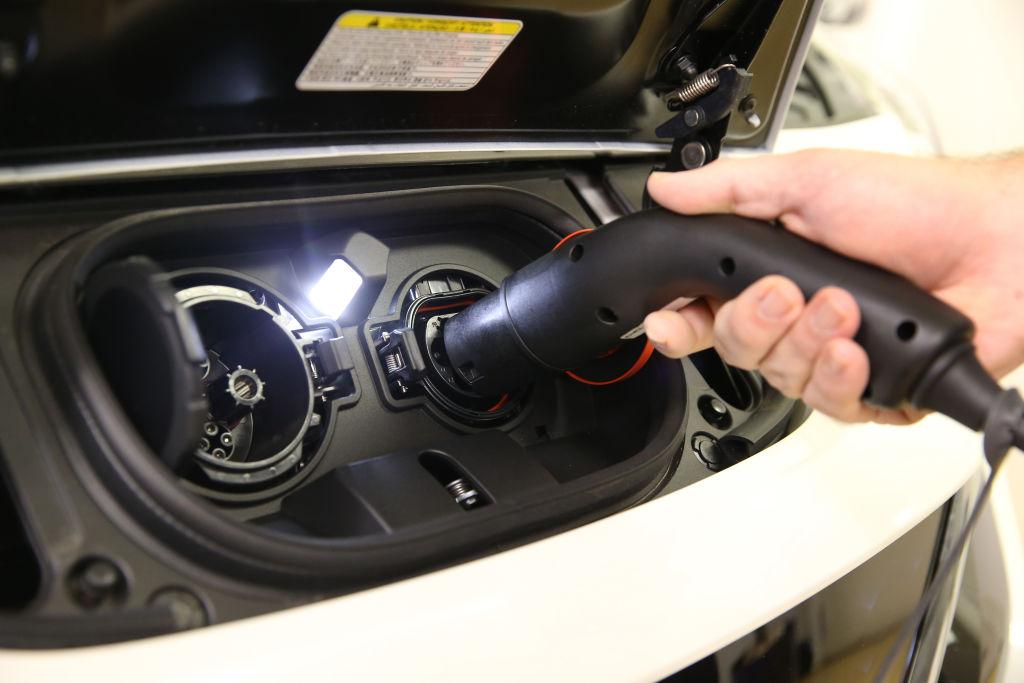The Australian Industry Group, a leading industry association, has lobbied for Victoria’s Labor government to defer its decision to enact an electric vehicle tax, warning that the result will disincentivise the transition to cleaner vehicles.
The tax proposed by Victorian Treasurer Tim Pallas is expected to become law by July 1, and will charge zero-emission vehicles 2.5 cents per kilometre and hybrid vehicles 2 cents per kilometre, a toll that’s expected to generate $30 million over four years.





